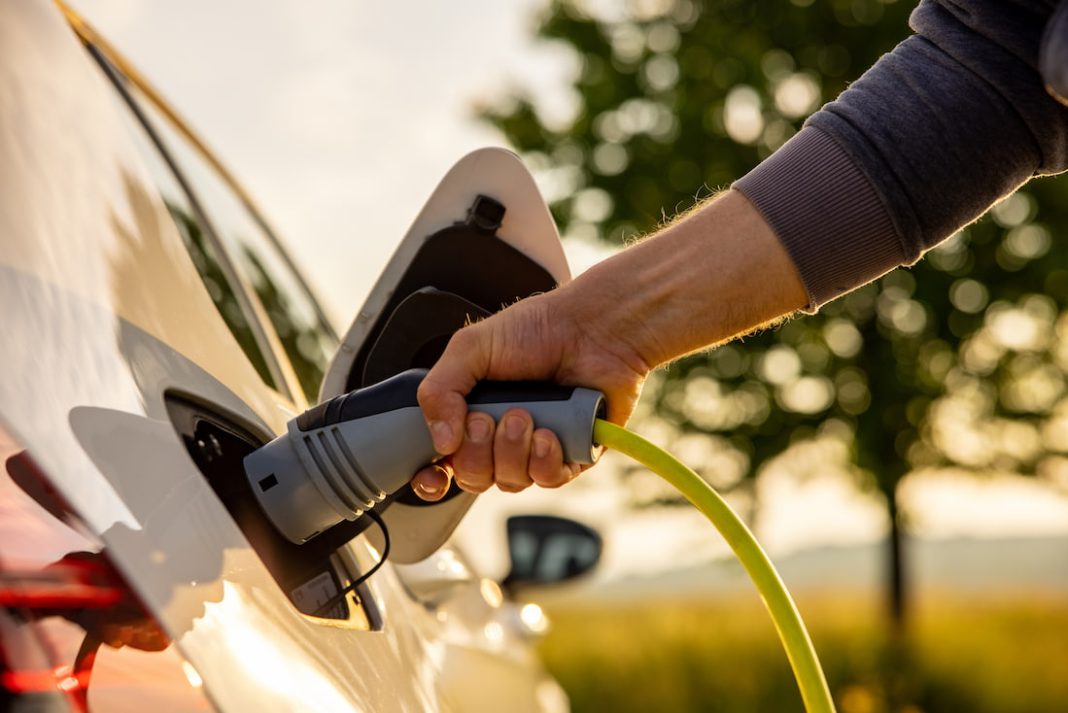The forecast triumph of electric vehicles (EVs) is facing headwinds.
In the US last year, Ford lost $US64,731 for each EV it sold – almost as much as the selling price for the top-of-the-line Mustang Mach-E. GM is also facing difficulties and, like Ford, has re-jigged its production plans back towards the internal combustion engine. Also, mounting losses have forced Hertz to radically reduce its EV fleet.
And in Europe, reduced subsidies for EVs brought a 16 per cent sales fall in Germany last year with a further 9 per cent decline expected this year. In France, Renault was forced to abort plans to float its EV division on the stock exchange. Electric commercial vehicle makers have fared even worse. Several, including Volvo’s subsidiary and the UK’s Arrival (valued at $23 billion just 3 years ago) have gone bankrupt.
Many have blamed inadequate support from governments for these disappointing outcomes. But this begs the question: why if they are so superior do they need such assistance? Steamships did not receive government assistance in order to displace sail ships, nor did motor cars in replacing horse-drawn vehicles (in fact they faced regulatory impediments). And, unlike EV charging stations, today’s petrol stations, were also rolled out without government support.
Australian EV sales have grown rapidly and comprised 7 per cent of new cars last year (with hybrids another 8 per cent). Even so, motor organisations complain about inadequate government support, including requirements on EV’s to pay, like other cars, a road user charge.
But there are considerable subsidies in place – up to $5,000 per car in NSW and $3,000 in most other states. The ACT has a range of bonuses and discounts for EVs including an interest-free loan, stamp-duty waivers and free registration. And, as part of its plethora of measures ostensibly designed to reduce carbon dioxide emissions, the Commonwealth last year introduced an Electric Car Discount, which it said will save “up to $11,000 a year on a $50,000 electric vehicle”.
This month, Energy Minister Chris Bowen announced his New Vehicle Efficiency Standard. Billed as “Delivering Australians more choice of cars to save on fuel”, new standards will force vehicle suppliers to re-weight their offerings in favour of low fuel models – in effect suppliers will face a higher tax the more internal combustion cars they sell, which they will pass on to customers.
Like most current policies, this has been forged through the prism of averting the global warming bogeyman. In support, Mr Bowen claimed that modelling had revealed that the new regulations will mean Australians will accrue around $143 billion in benefits by 2050. He said that the measures will bring a $1,000 saving per vehicle per year in 2028.
With ample justification, cynics would recall how Mr Albanese – “I know because we have done the modelling” – had claimed that the government’s additional regulatory measures on electricity supply would bring a $275 reduction in electricity bills. That projected reduction of 15 per cent for 2023 turned out to be an increase of over 20 per cent. And few would bet their house on the national regulator’s forecast of lower prices in 2024 – indeed the ACT’s regulator is foreshadowing a 17 per cent rise!
Clearly electric cars are a permanent fixture in the vehicle mix. They offer features like faster acceleration and, at least with present taxation arrangements, lower fuel costs. Many people see these as more than offsetting electric vehicles’ disadvantages of initial costs and range.
While some manufacturers see EVs as supplanting today’s petrol and diesel models, others, notably Toyota, are sceptical about that possibility.
But the ultimate test should be that of the consumer.
Political and bureaucratic elites are telling us that for our own good they have the thumbs on the scale weighting decisions in favour of EVs. Basically, they are saying consumers do not share their wisdom and cannot be trusted to freely make their own purchasing decisions. Aside from this being a massive infringement on individual liberty, our political masters should have been humbled by their poor calls on some recent issues: think COVID, The Voice as well as electricity policies. Instead, with unabated arrogance, they move on to fresh areas where they can extend the nanny state.
Editor’s note: Dr Alan Moran was the Director of the Deregulation Unit at the Institute of Public Affairs from 1996 until 2014 and was previously a senior official in Australia’s Productivity Commission and Director of the Commonwealth’s Office of Regulation Review. He played a leading role in the development of energy policy and competition policy review as the Deputy Secretary (Energy) in the Victorian Government.


